Tehran University of Medical Sciences Explores Collaborative Opportunities with Armenia
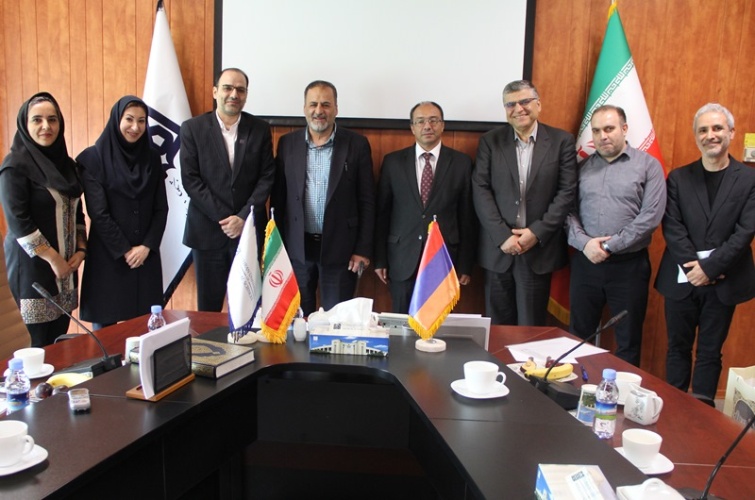
Tehran University of Medical Sciences hosted a pivotal meeting with Mr. Arsen Avagyan, the Ambassador of the Republic of Armenia to Iran, including key officials such as Dr. Hossein Ghanaati, Chancellor, and Dr. Mohammad Hossein Ayati, Vice Chancellor for International Affairs. The meeting aimed to foster educational and research collaborations in the health sector.
During the visit, Mr. Avagyan was given a tour of the Research Center for Advanced Medical Technologies and Equipment. Discussions focused on collaboration in health policy-making, the establishment of pharmaceutical production facilities, and the development of knowledge-based companies. The ambassador expressed a keen interest in enhancing academic and industrial partnerships with TUMS and committed to further discussions during his upcoming meetings with Armenian officials.
Additionally, Mr. Avagyan proposed initiatives for human resource development and medical equipment procurement, emphasizing the importance of training programs in medical physics, artificial intelligence, biomedical engineering, and robotics for Armenian medical universities.
Dr. Ghanaati emphasized TUMS's rich history in medical sciences, referencing esteemed scholars such as Avicenna and Rhazes. He noted the university's prestigious status as the oldest and most prominent medical institution in Iran, boasting over 170 years of excellence and ranking fifth in the Middle East according to the latest Scimago report.
“Our historical legacy in medical sciences positions us uniquely to collaborate with Armenia, fostering innovation and excellence in healthcare,” stated Dr. Ghanaati.
“The potential for academic and industrial collaboration between Armenia and Iran is immense, and I look forward to exploring these opportunities further,” remarked Mr. Avagyan.
This meeting signifies a crucial step in enhancing educational and research ties between Iran and Armenia, potentially leading to significant advancements in the health sector for both nations. The collaborations discussed could address pressing healthcare needs and promote knowledge exchange, benefiting the broader university community and international relations.

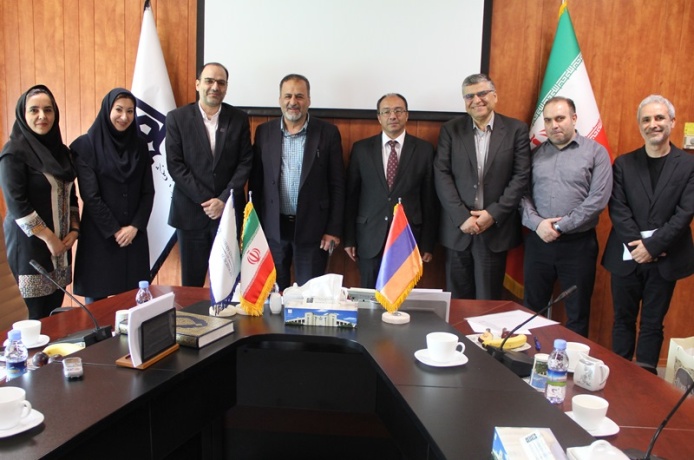
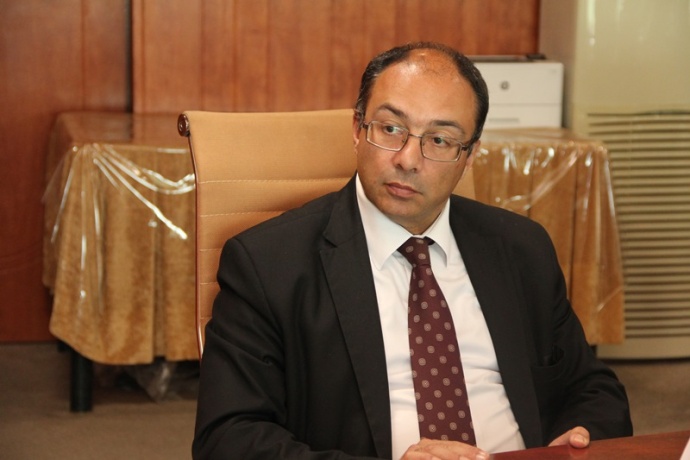
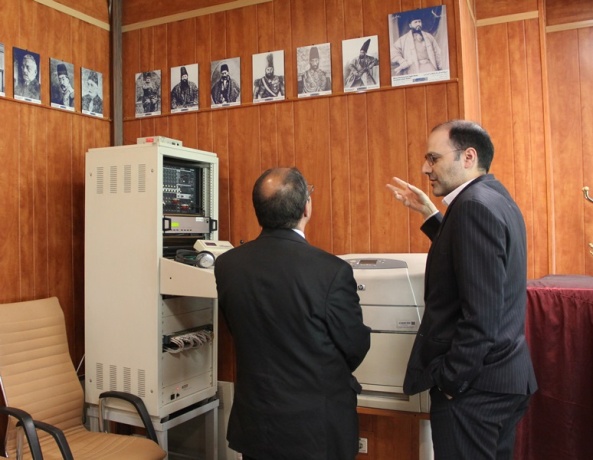
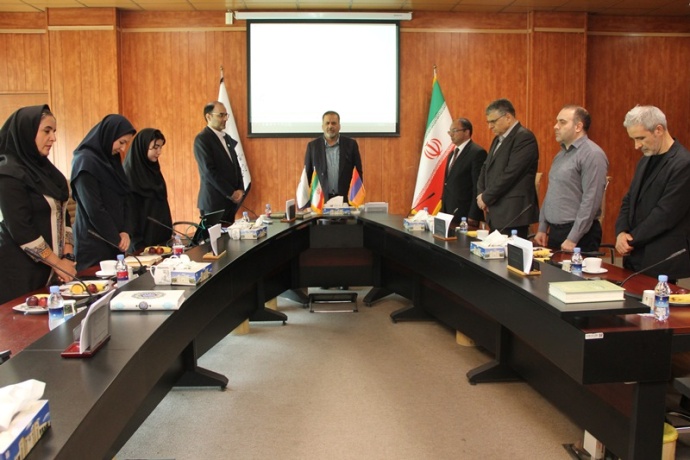
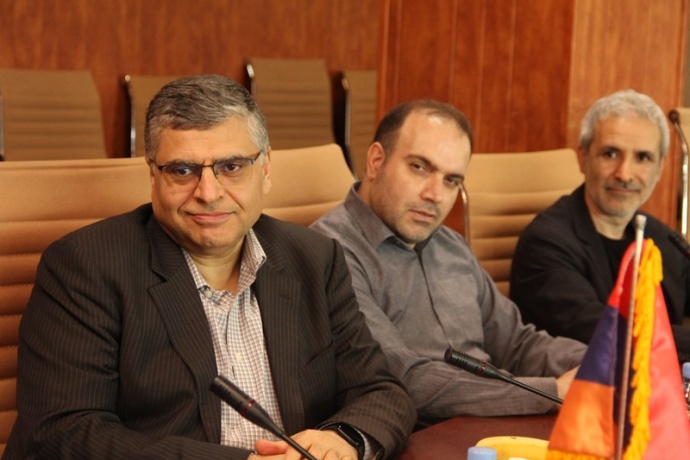
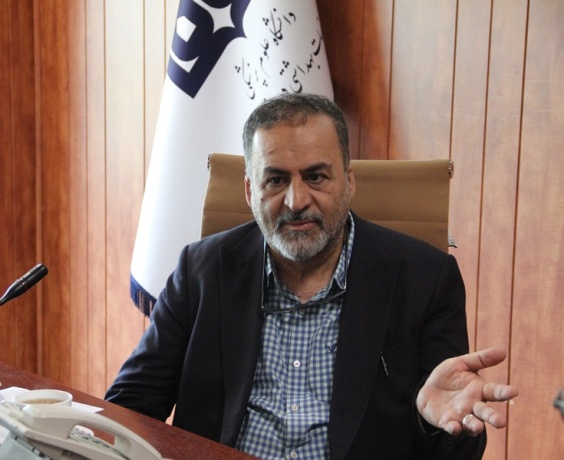
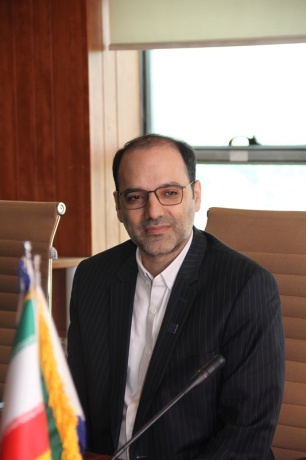
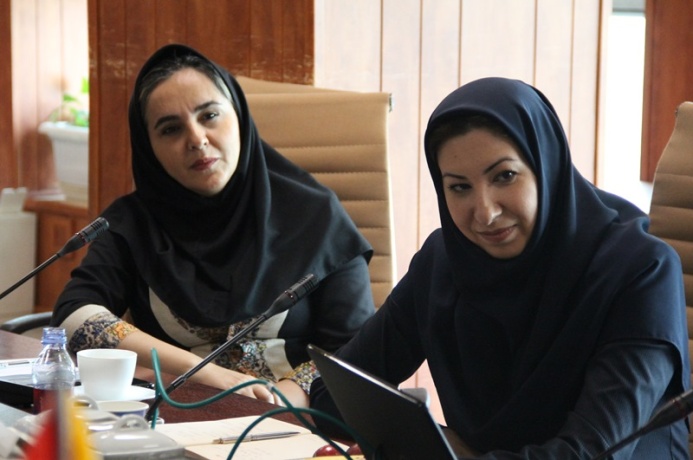
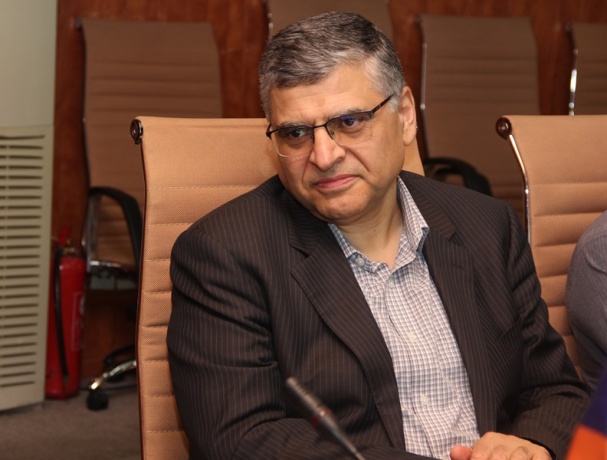
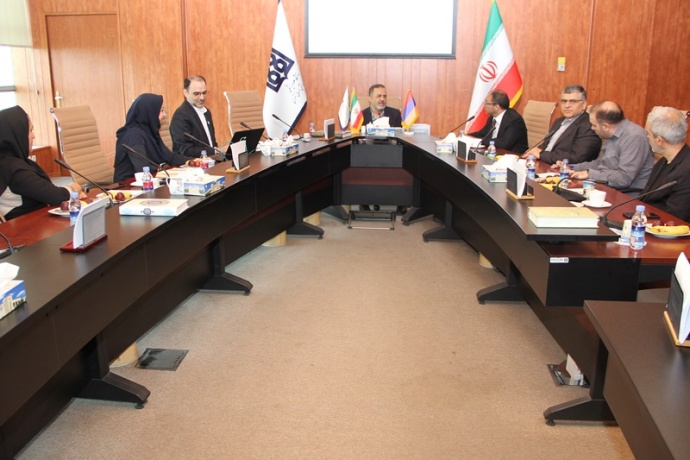
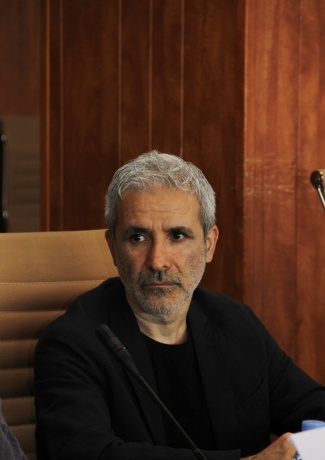
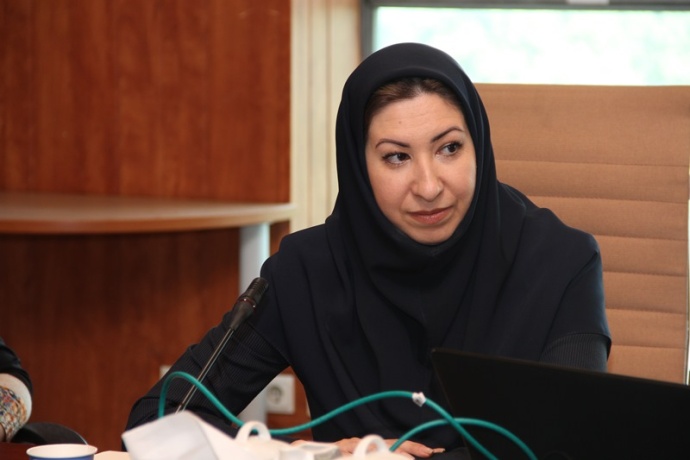
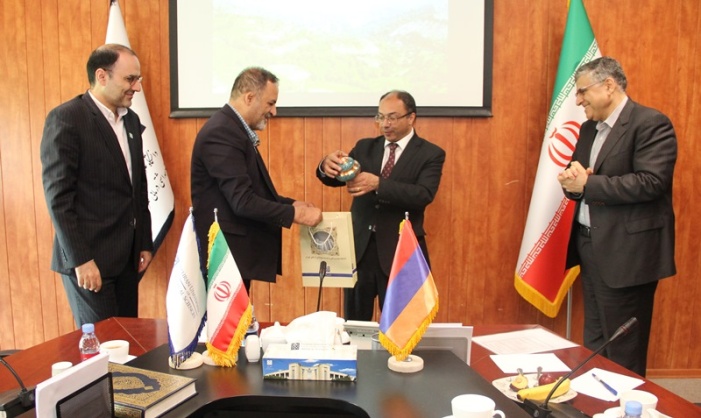
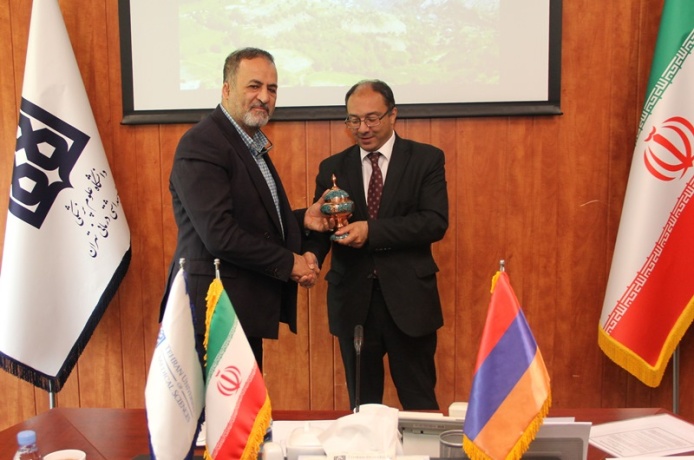
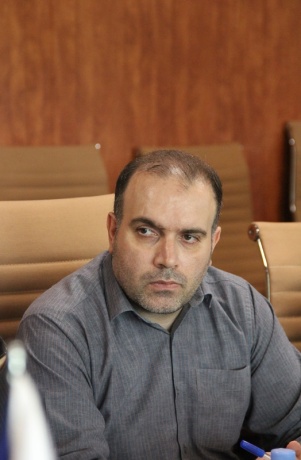
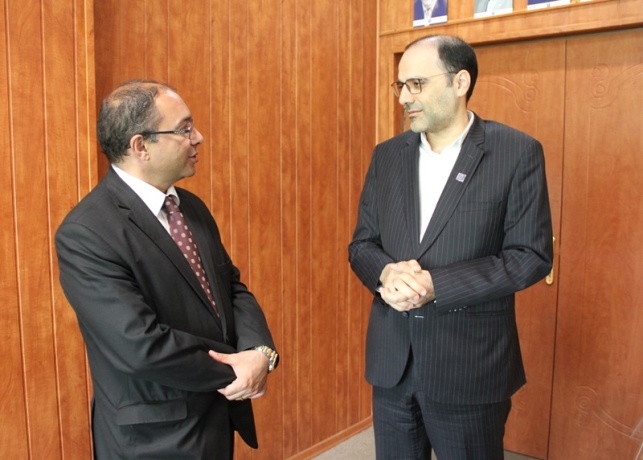
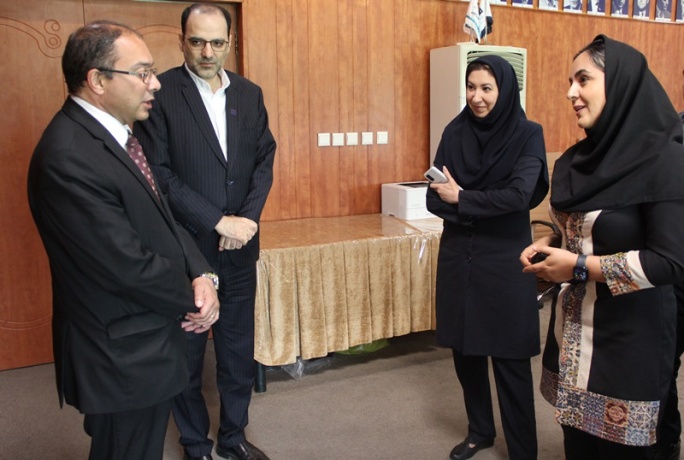
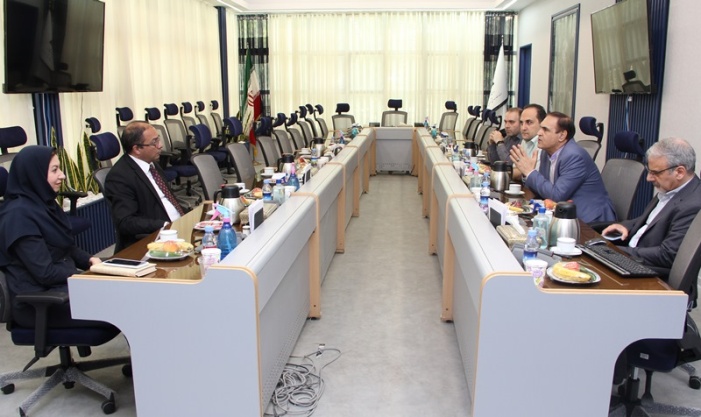
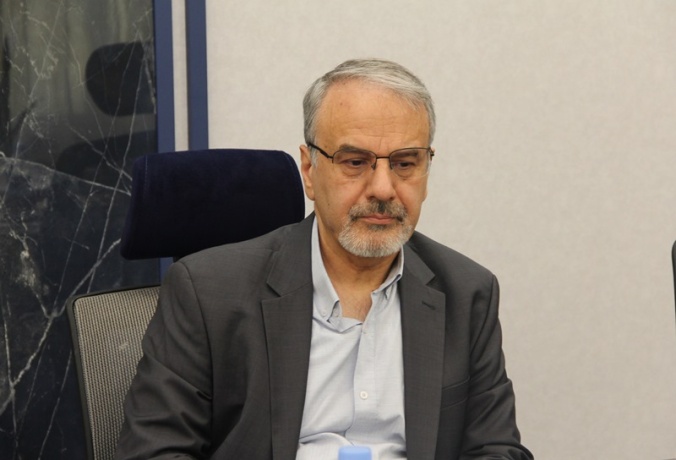
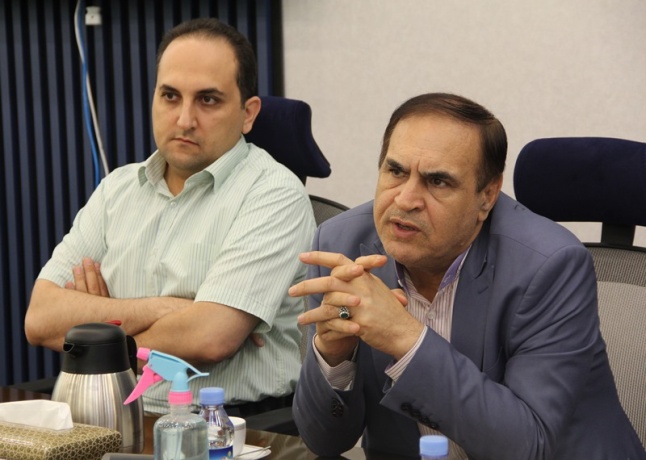
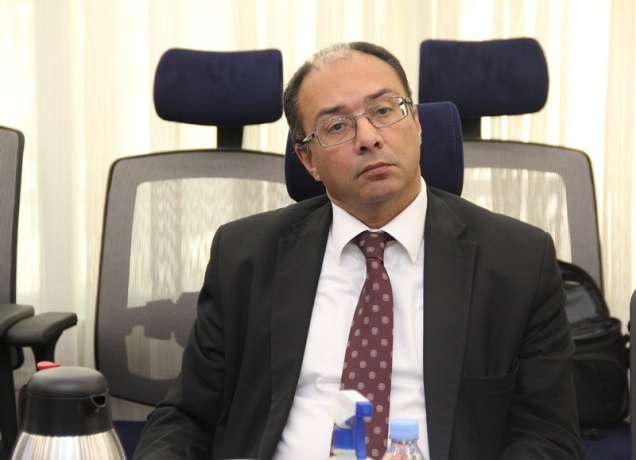
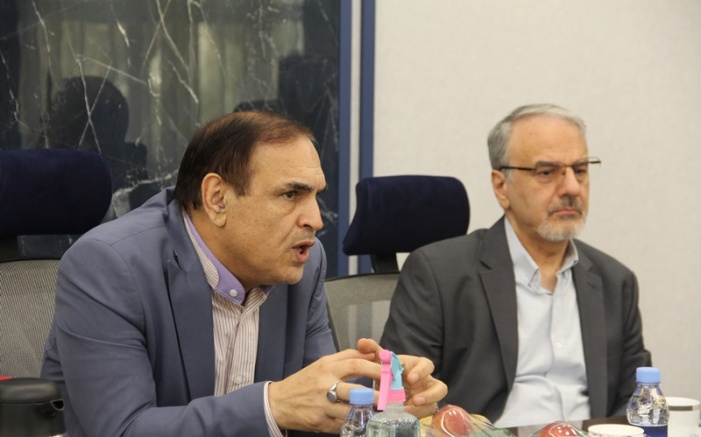
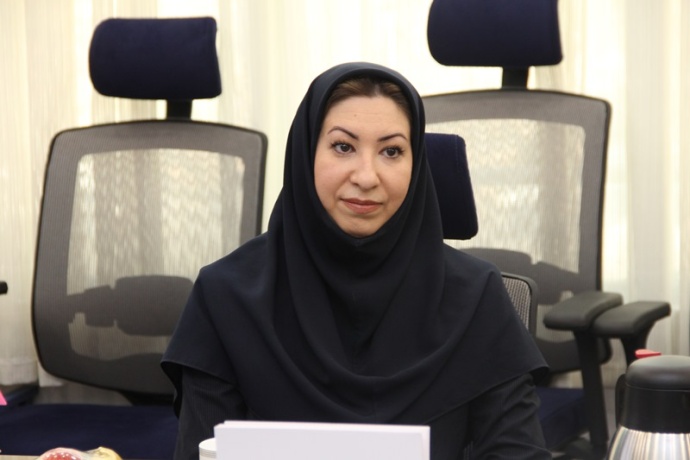
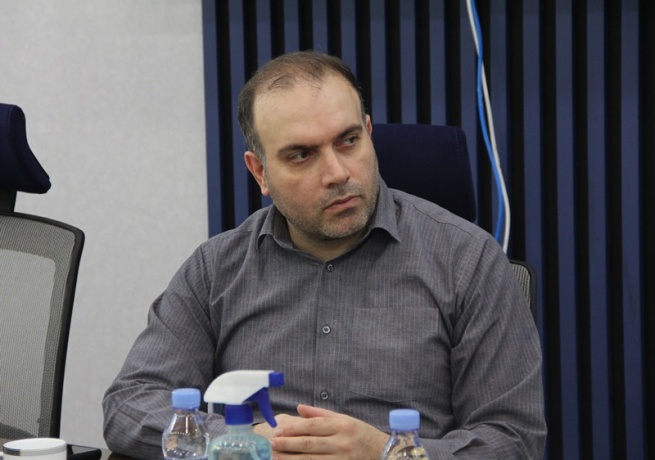
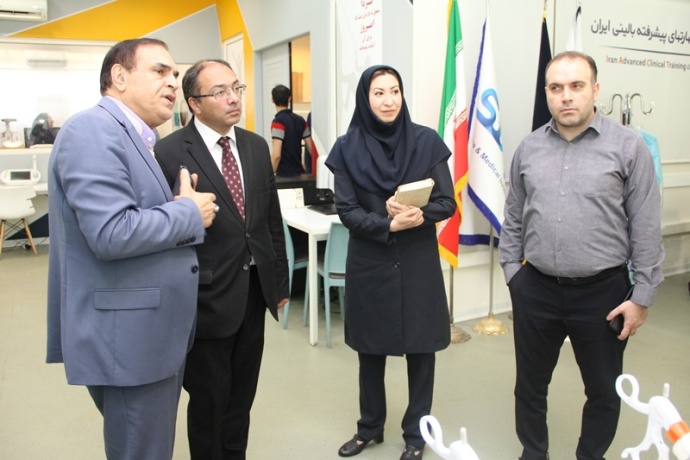
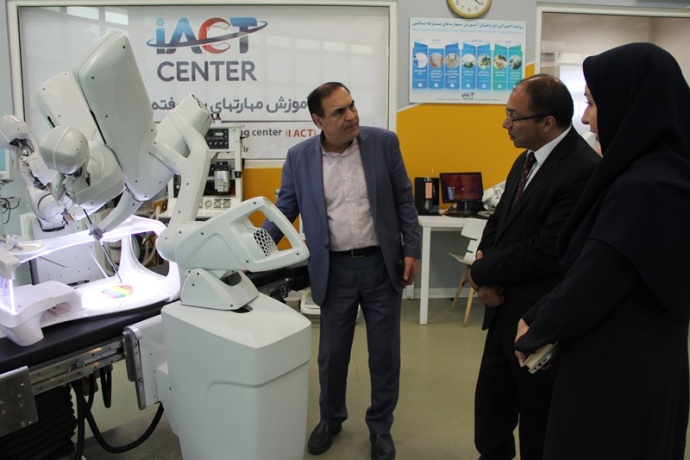
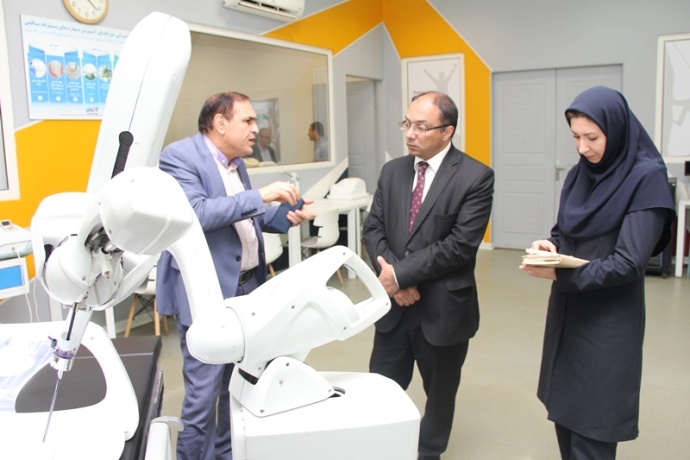
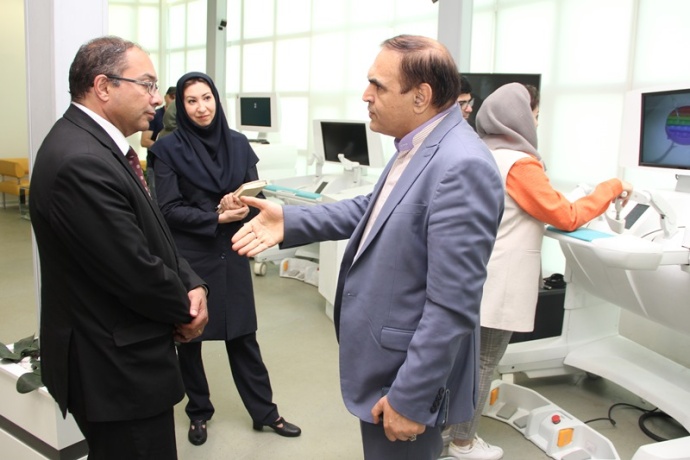
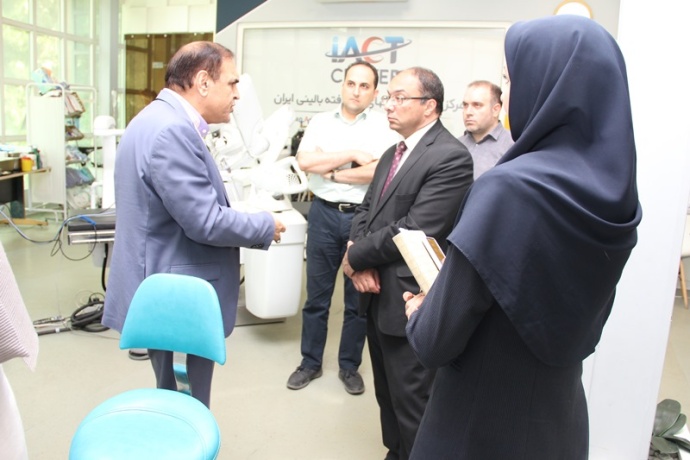
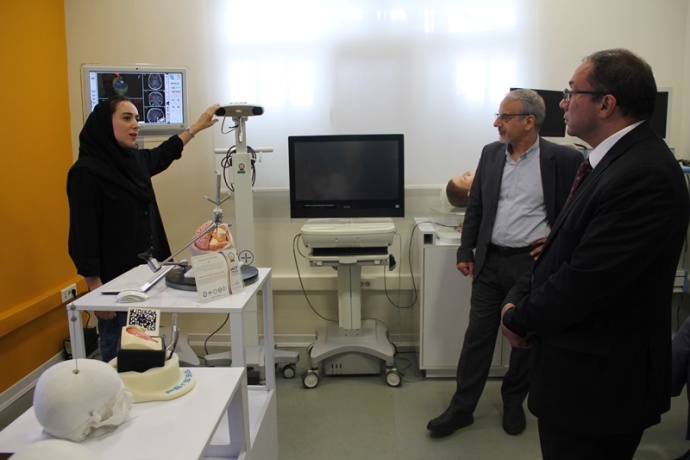
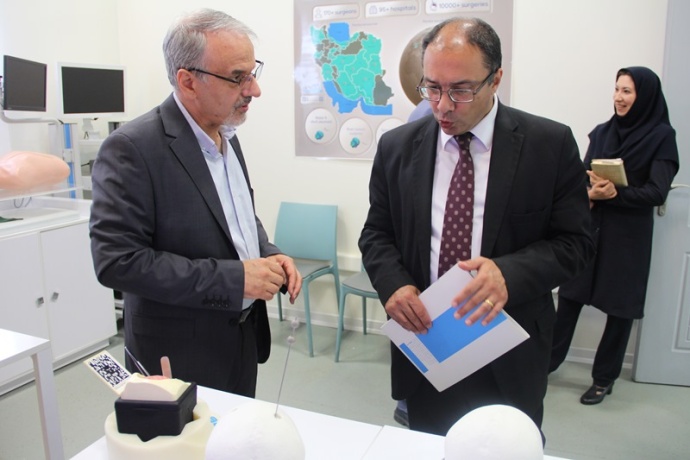
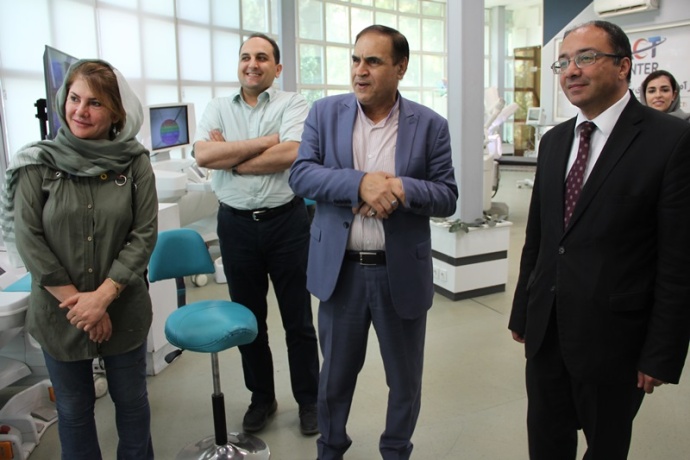
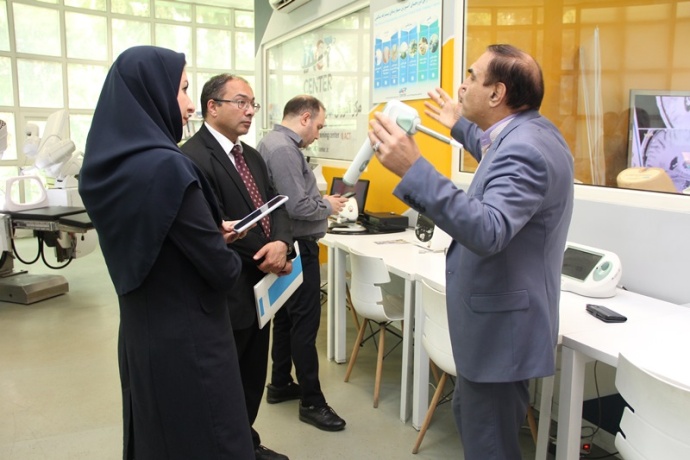
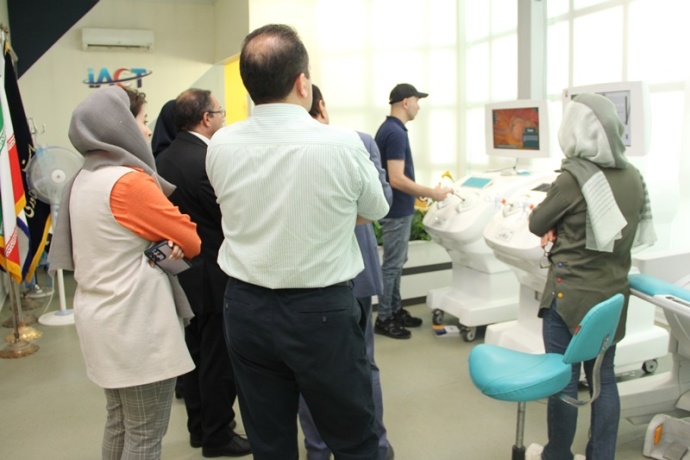


































Your Comment :